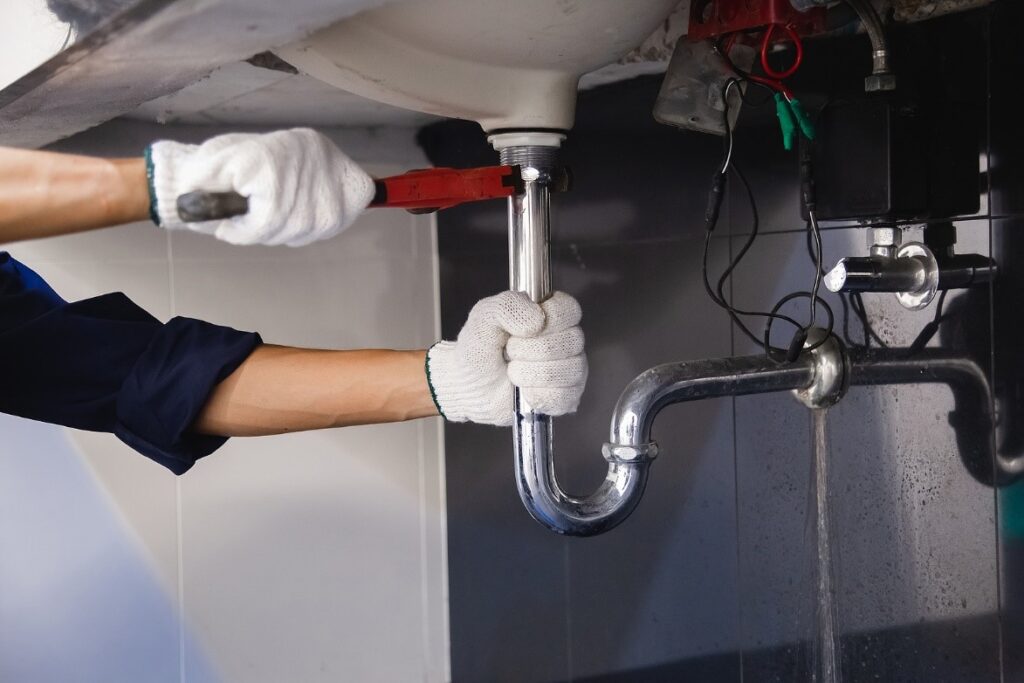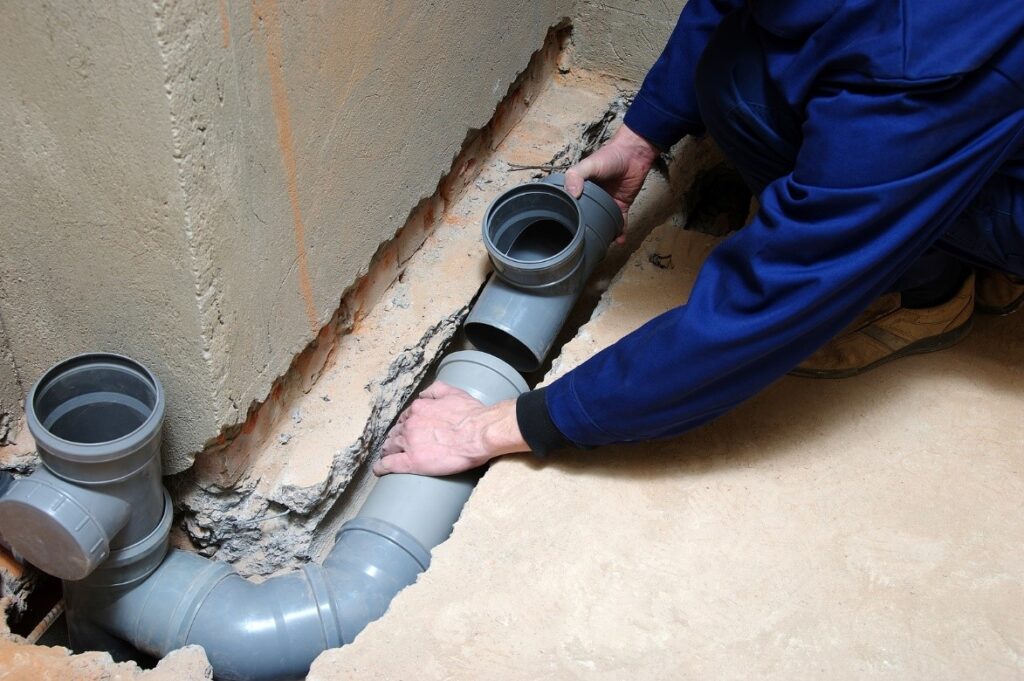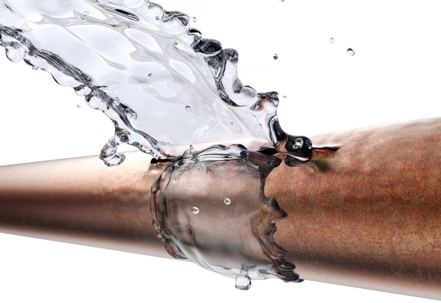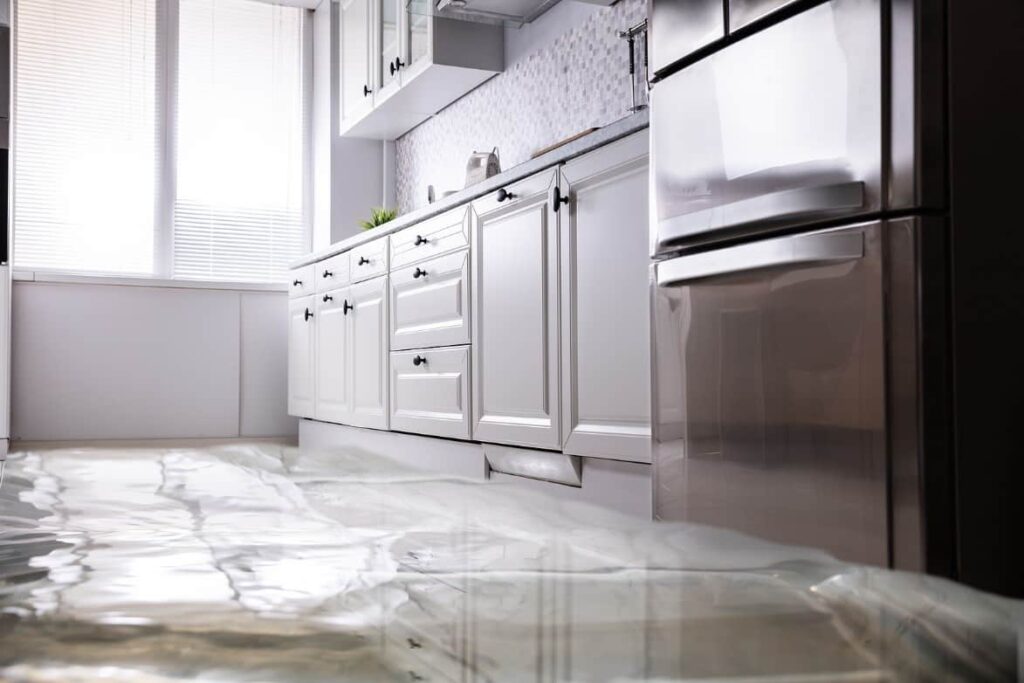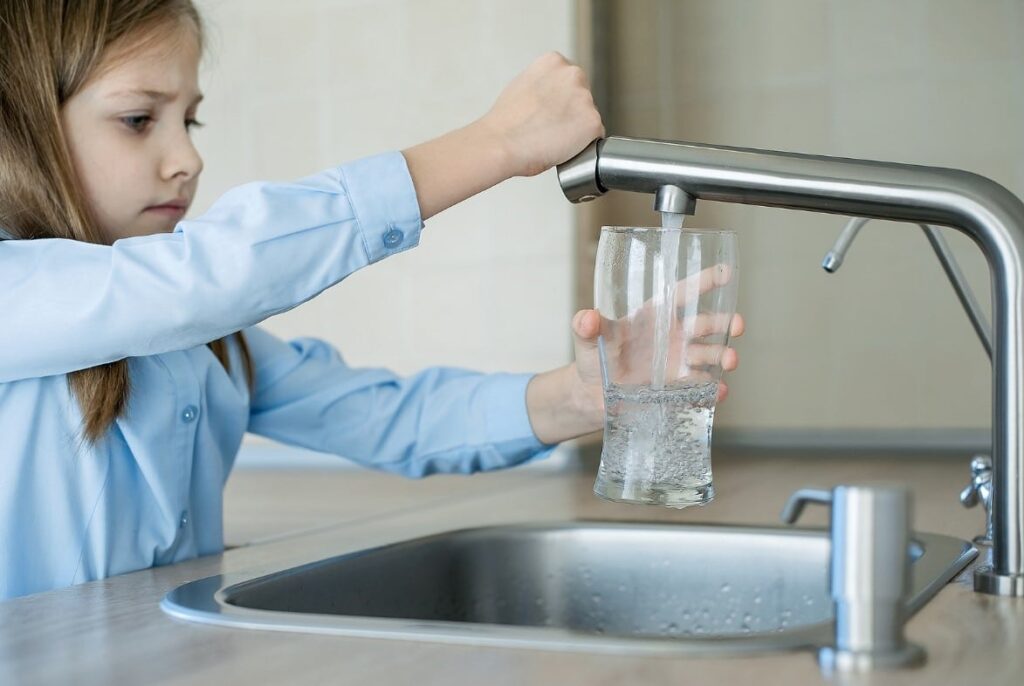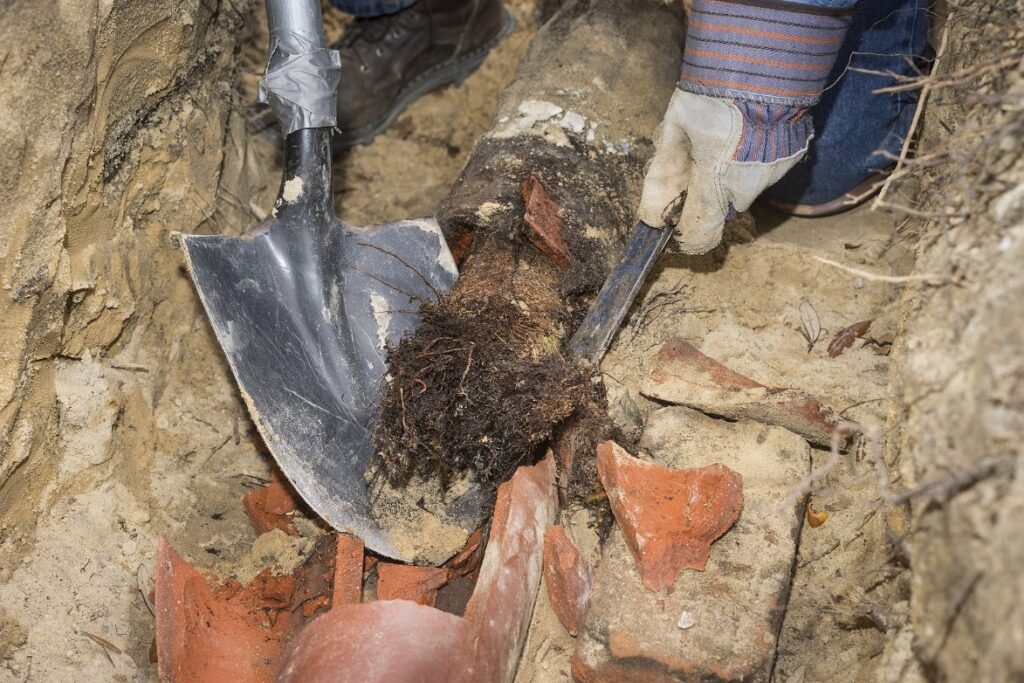Struggling With Hard Water? Water Softeners Are the Solution
How Can a Water Softener Improve Water Quality?
For homeowners struggling with grimy residue on clean dishes and faucets or dry and itchy skin after showering, hard water is likely the cause. Hard water is the result of excessive calcium, magnesium, and other minerals in the water.
While it may seem like a mere nuisance, hard water can become a major issue. But there is an easy solution: water softeners.
Advantages of Installing a Water Softener

The purpose of a water softener is, as its name suggests, to soften water. They do so by reducing or removing the excess minerals from the water. While its purpose may seem simple, there are a ton of benefits to having a water softener system.
Removing and reducing the excess minerals from the water leads to purer water, which in turn can help limit any build-up around faucets and less skin irritation and discomfort after showering. Water-based appliances and pipes will also be more efficient and will last longer.
There are two softener options to choose from: “salt-based” and “salt-free.” Each type uses a different method to soften water.
What are Salt-Based Water Softeners?
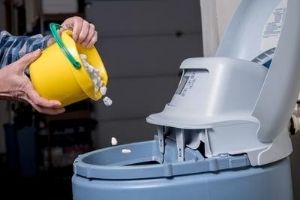
Salt-based water softeners remove calcium and magnesium from the water through a process called “ion exchange.” An electronic metered valve within a fibreglass resin tank measures water by the gallon until the tank’s ion resin bed reaches a saturation point. Then, a cleaning cycle runs, during which the electronic valve purges the captured minerals from the system, after which the sodium in the tank replenishes to begin the cycle over again. Essentially, the magnesium and calcium are exchanged for the sodium (salt) in the tank, thus creating the soft water.
The Benefits of Salt-Based Water Softeners
- Removes excess minerals from a home’s water supply.
- Creates purer water with a slicker sensation.
- Reduces the need for soap to clean laundry.
- Eliminates scum residue on appliances.
- Improves water taste.
- Reduces symptoms for sensitive skin, scalp, or hair issues.
- Extends the longevity of water-based appliances.
- Lowers water bills.
Salt-based softeners are excellent for homes with higher mineral levels in the water.

- Tend to be more expensive than salt-free systems.
- Require more maintenance and an electrical hook-up.
- Salt must be refilled monthly.
- Can develop a “salt-bridge” or mush-like state in the tank, requiring removal.
- Humidity can exacerbate maintenance needs.
Explaining Salt-Free Water Softeners and Conditioners
red letters
Salt-free softeners are also known as water conditioners because the process they use to fix hard water does not remove minerals from the water. Instead, they “condition” or neutralize it.
These units use a physical process known as Template Assisted Crystallization (TAC) to purify hard water. The TAC process converts the hardness minerals in the water to a crystal. The crystals will not stick to surfaces in the home, flushing out the pipes and reducing build-up in the home.
The Benefits of Salt-Free Water Softeners
- More budget-friendly than salt-based systems.
- Do not trap materials, eliminating the need for a cleaning cycle.
- Require no electrical hook-up.
The Downside of Salt-Free Water Softeners
- Do not remove excess minerals from the water, making them less effective than salt-based systems.
- Not as effective against lead or chlorine issues.
- May require a filtration system, which needs maintenance.
About The Super Plumber
The Super Plumber has been serving the Victoria, BC community’s plumbing needs for over a decade. Their focus on providing excellent customer service is evident in every aspect of their work, from their friendly technician’s timely arrival to their upfront pricing and financing options. Super Plumber has the experience and dedication to take care of all plumbing needs.

 Book
Book Call
Call 